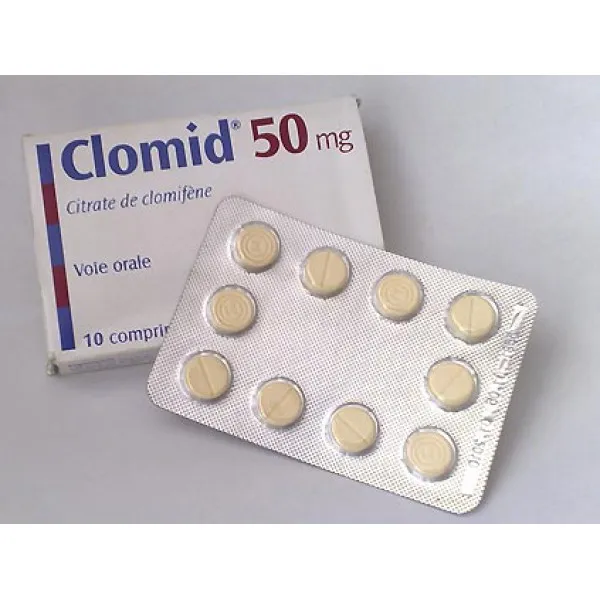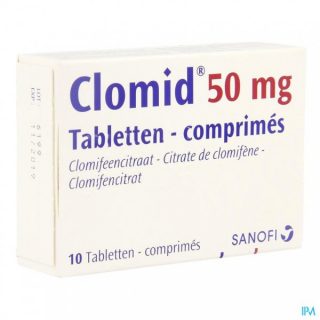Clomid is a medicine used to restore testosterone production. The drug belongs to the group of estrogen drugs. The main active substance of Clomid is clomiphene. It has pronounced antagonistic properties. The drug blocks ovarian and brain receptors responsible for the production of estrogen. Clomid increases the level of estradiol in the blood. The drug is in great demand among buyers. Statistics show that Clomiphene provides a significant increase in the probability of multiple pregnancies in women.
Side effects
Clomid may cause the following side effects if the recommended dosage is exceeded and with prolonged treatment:
- Increased irritability;
- Sleep disturbances;
- Visual disturbance;
- Nausea and vomiting;
- Diarrhoea;
- Dermatitis;
- Development of allergic reactions.
Clomid makes your body think your estrogen levels are lower than they are, which causes the pituitary gland to increase the secretion of follicle-stimulating hormone (FSH) and luteinising hormone (LH). Higher levels of FSH stimulate the ovary to produce an egg follicle or follicles, which develop and are released during ovulation. High levels of LH stimulate ovulation.
Clomid is often prescribed by a GP or gynaecologist before referring the couple to a fertility specialist for more specialised care. Some fertility specialists also prescribe clomid.
| substance active | Clomid |
|---|---|
| Amount of substance, mg | 50 |
| Formulaire de discharge | compressed |
| 1 compressed, mg | 50 |
| Plaquettes thermoformed by package, pieces | 1 |
| manufacturer | Cipla |
| volume de commande | 1 pack (1 bull) |







Reviews
There are no reviews yet.